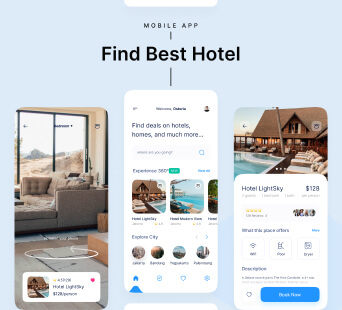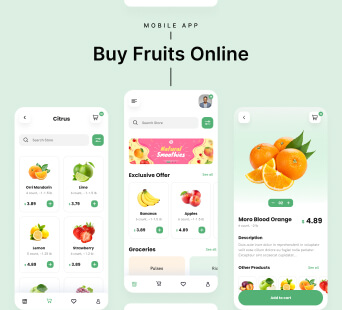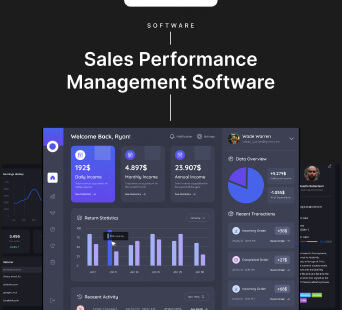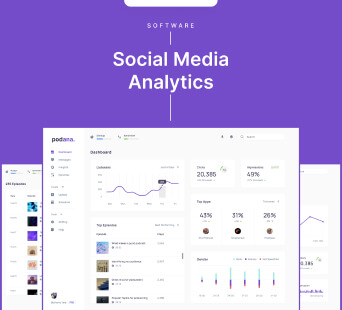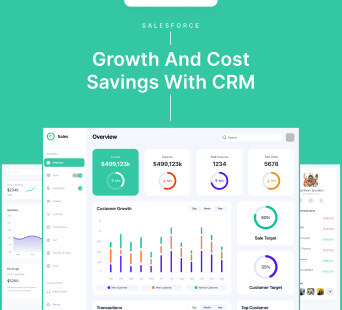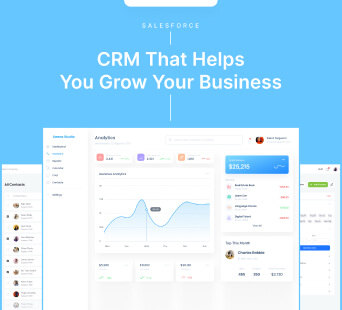You are the owner of a tech startup with funding secured, and you are eager to see whether or not your mobile application will be a success. Native development has been used for a while for many different types of specialized programs. A cross-platform app is without a doubt the best choice for new companies and small to medium-sized enterprises. Cross-platform app development, on the other hand, has given programmers the opportunity to reconsider their strategy and use instruments like React Native or Flutter to create mobile apps that function on various platforms while keeping a single codebase.
Startups and small- to medium-sized firms can gradually modify, expand, and improve their operational model with the aid of a cross-platform application. When you have a creative concept, you need to spread the word about it through various media. Another option is to design native apps, but this takes a lot of time and requires different resources and efforts depending on the platform.
What Is Cross-platform App Development?
A cross-platform program, to put it simply, uses one source code to run on many platforms.
Building a single piece of software that functions well on multiple platforms is the aim of cross-platform development. A cross-platform application can offer a native-like experience on particular systems. In order to avoid having to create two different iOS and Android apps, you release a single system that is appropriate for and integrated with both the Apple and Google ecosystems. One cross-platform program, for instance, can run on both Android and iOS handsets. It is not necessary to create two separate sources of code for this.
What Is Native Mobile App Development?
A software application that has been designed specifically for a given operating system is called a Native app. Making a mobile application exclusively for an operating system, such as iOS or Android, is known as Native app development. Therefore, if you want to make your system available in both stores, you must publish two specialized apps. The program is designed to make use of the operating system's features and capabilities. Then, the application is made available via the relevant online retailer. Two of the most popular Native apps are Spotify and WhatsApp.
Why Do the Majority of Startups Favor Cross-platform Development Over Native?
1) You Make Savings
If cross-platform development is chosen, app developers or app development companies that are specialized in a specific technology are still employed. A smaller workforce results in lower base expenses (you recruit fewer people) and less time spent managing two groups (and time also comes at a price). The reasoning is straightforward: By using a single program to run on multiple operating systems, you may cut costs and resources spent on development. There is no denying the cost-effectiveness of cross-platform app development, which is essential for startups and small to medium-sized businesses. As a result, compared to native development, you actually pay far less to acquire apps for numerous platforms.
2) Reduce Codes
Usually, it takes too much code to create a feature-rich application. Code can be reused when developing cross-platform apps. Cross-platform app developers can now utilize the same reusable code for a number of applications. Code is the foundation of every application; it sets the design and coding approach. Your app developers put a lot of effort into making a bug-free application in order to provide this experience. Cross-platform app development tools were introduced to eliminate this laborious task. It is well known that 80% of the code can be applied to different applications again. The app developers will save time and avoid repetitions as a result.
3) Precision Testing
You gain the authority to simultaneously release significant upgrades across several platforms.
Your application's shared codebase across all platforms enables rapid and straightforward modifications. It is not necessary to work on updating various apps independently. This code can be used on any platform that your program will run on. By doing this, you'll conserve time and resources. Unit testing in cross-platform programs just requires writing the test once in shared code.
4) Cutting Down on the Time to Market
Two teams require more time to finish than one, which can be accomplished by one. Because your tech team only works on one base code, you release your app when it's ready rather than waiting for one development team to catch up to the other (which is often the case).
5) A Rapid Development
Developing native apps for iOS and Android users takes a lot of work. Making an app is not a simple or quick process. Along with the necessary instruments, you also need time, skills, focus, and ideas. Cross-platform app development enables you to create the program in a significantly shorter amount of time because a single code base can be utilized to design it for multiple systems. However, startups and small to medium-sized businesses lack this time. Their website, product, or other online presence should be simple to access. They need a product they can release onto the market right away. The development time that was saved can be used to create new, cross-platform applications.
6) Reaching More People While Paying Less Is Possible
Even though you only develop one version of the app, you get access to the communities on the App Store and Google Play. For instance, you don't have to pick between the two if you lack the resources or are unable to assemble a complete engineering team for either platform.
7) Platform-specific Features Are Not Necessary
Currently, the majority of mobile apps do not require platform-specific capabilities, hence the majority of use cases and businesses may be served by a cross-platform app. Building cross-platform applications does not require that platform-specific functionalities be implemented separately. Before deciding to design separate apps for each platform, consider the requirements of your app. You don't need it because many different applications can function cross-platform. Therefore, you only need to create a single cross-platform program that you can use on other platforms like Android and iOS.
Conclusion:
Since they can be created quickly and tested quickly and effectively, cross-platform applications are the best option for startups and small to medium-sized organizations because they are less chaotic.





